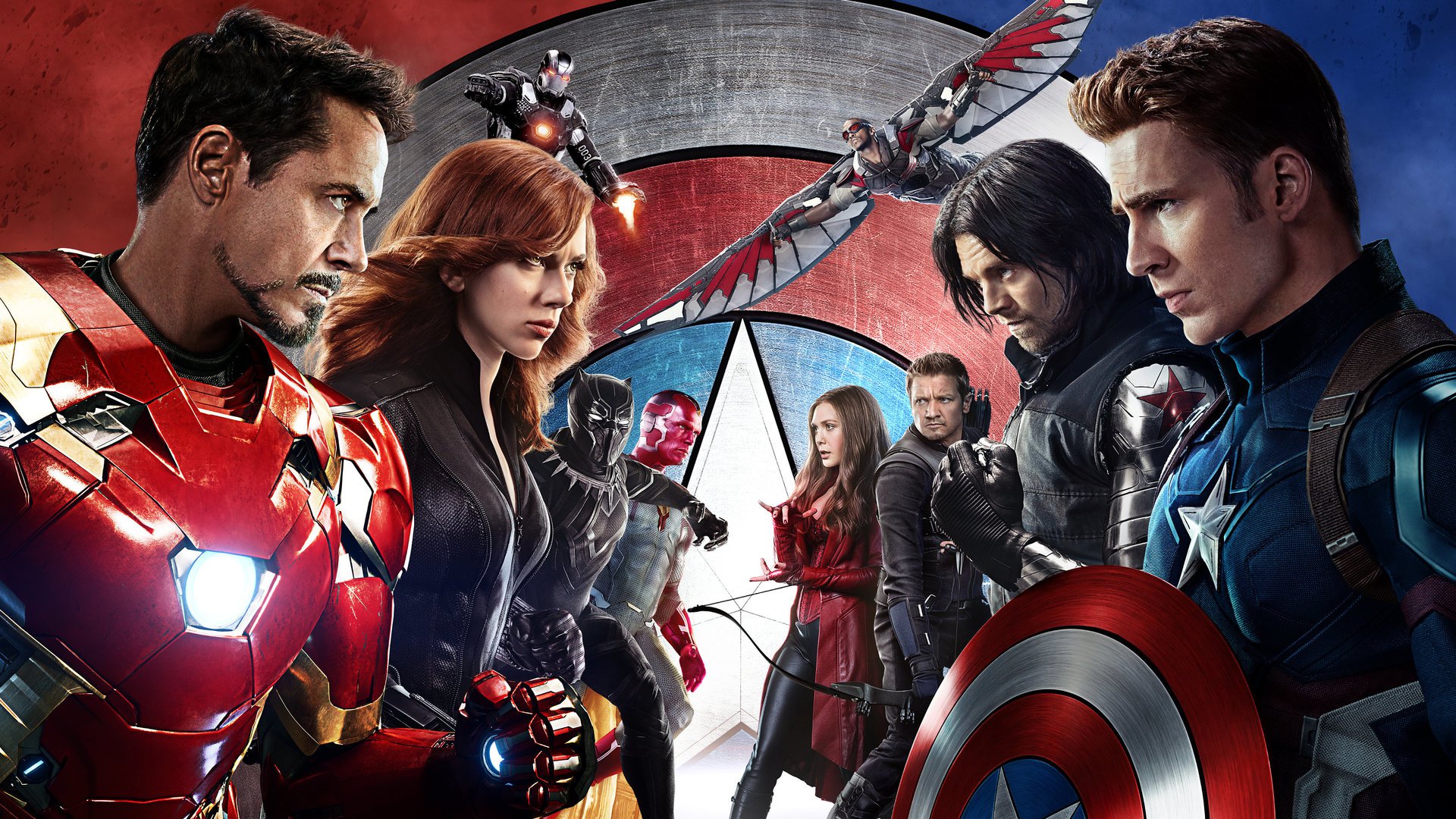With the release of ‘Justice League’, DC’s plan for an expansive cinematic universe has been set in motion. But how do their films compare to the Marvel Cinematic Universe, and what makes them so different?
Marvel and DC Entertainment are two powerhouse franchises that always seem to be placed in opposition with one another. It seems as though those who like superhero films have to subscribe to a binary choice between the two. For many, the casual viewing of superhero movies is a thing of the past and with so many impassioned fans, answering such a question can lead you to partaking in a three hour character debate or film comparison, all of which is fun, but raises the question as to why these two franchises are constantly pitted against each other – is one really better than the other?
In terms of popularity and success, I would argue that Marvel definitely has the edge. Iron Man (2008) marked the rebirth of comic book movies, starting a cinematic universe that would end up characterising almost a whole decade of film, bringing us the “Golden Age” of superhero movies, dominating the box office and injecting a fresh new take on comic book movies of the past. While Marvel gets credit for driving this trend, DC has put out some enjoyable movies, with the success of Wonder Woman (2017) being the first one to really set itself up as competition for Marvel. With the recent release of Justice League (2017), there will no doubt be a resurgence of this debate as DC attempts to do what Marvel did all those years ago with The Avengers in 2012 in the uniting of its key characters, and has done masterfully ever since. This is not to say Marvel movies don’t have their flaws, there is no doubt that some are definitely better than others; however DC never seems to be consistent and this is a drawback which leaves it always one step behind Marvel.
Focusing on the movies of Marvel and DC rather than the television programmes, what Marvel triumphs at is creating movies which manage to balance humour with action and emotional poignancy. A great example of this is the first Guardians of the Galaxy (2014) movie, which combines an epic soundtrack, fun characters, awesome action sequences and moments of real emotional investment. This tonal balance is something that is hard to pull of successfully, something evidenced when DC released Suicide Squad, a jumbled mess which gave us little character development, a soundtrack that tried to copy Guardians of the Galaxy but just didn’t make sense, and a plot that was altogether unforgettable. DC’s attempt at humour did not go down well in this movie, something which was reflected in its reviews, and showed them incapable of achieving that balance which Marvel has seemed to master. This is a criticism that DC movies often face; while their movies are supposed to be dark and gritty, sometimes they just take themselves too seriously, giving you the intensity without the relief and therefore only half of what Marvel movies offer to viewers.
What Marvel also offers is relatable, flawed characters who are grounded in reality and many fans feel that DC does not treat its source material in the same respectful manner. Perhaps why people are so critical about movies such as Batman vs Superman (2016) is because we’ve seen the likes of Batman be so skilfully portrayed on our screens already (no, I am not referring to Clooney’s role in Batman & Robin). Christopher Nolan’s Dark Knight trilogy gave us some of the most iconic portrayals of comic book characters ever to grace our screens and it is hard sometimes not to compare this with DC’s less accredited attempts, despite their aim to do something different with the characters at their disposal. This lack of invention is something which really pulls DC back and the recent success of Thor: Ragnarok shows just how important it is to keep your characters fresh and offer fans something they have not seen before. Marvel’s increased output and clear direction has allowed them to expand into different genres and it sometimes seems like DC is trying so hard to rush and catch up with Marvel, it means that films like Suicide Squad seem disjointed and miss the mark.
Marvel’s studio chief has labelled this divide as “ridiculous”, encouraging people to enjoy all movies and not create this constant comparison. However this is hard to do, especially now both Marvel and DC have really started to develop their respective cinematic universes. Although, while Marvel has the edge at the moment, this may not always be the case and either way it is exciting to see what the next instalments will bring.
Lucy Carr
(Image courtesy of We Got This Covered)

